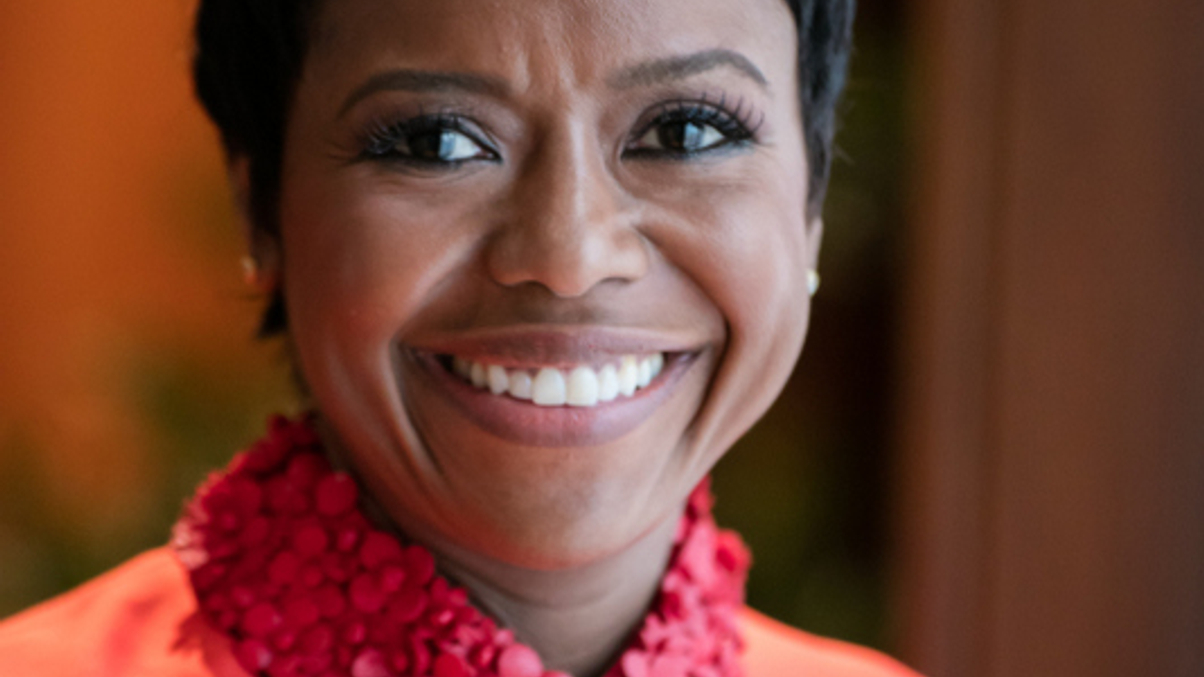Link staff diversity to CEO pay, urges Hobson
The president of Ariel Investments, Mellody Hobson, talks up the benefits of a diverse workforce with differing perspectives, saying incentivising fund chiefs can move the needle.

Executive compensation should be tied to workplace diversity, not only because it is the right thing to do, but because it can also lead to sounder decision-making and a better investment outcome, argues Mellody Hobson of Ariel Investments.
Sign in to read on!
Registered users get 2 free articles in 30 days.
Subscribers have full unlimited access to AsianInvestor
Not signed up? New users get 2 free articles per month, plus a 7-day unlimited free trial.
¬ Haymarket Media Limited. All rights reserved.


